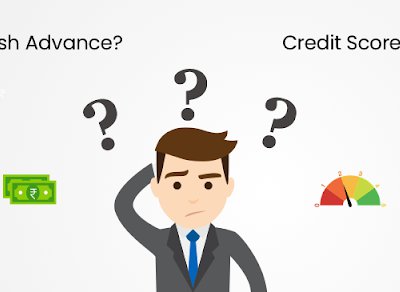Consumers are constantly in danger of being ripped off by scammers who steal personal information to open bank accounts, take out loans, or get credit cards. Are you ready to wage battle against malicious scammers out to damage your credit? Here are some practical tips:
Start by doing three things at the outset:
- Make a copy of the front and back of all of your credit and debit cards and store those in a safe place in case you need to contact the card issuer about a lost or stolen card.
- Place in your wallet only those cards you will be using today. You don’t want to risk getting every card stolen if the worst should happen while you’re away from home. Consider carrying one all-purpose debit/credit card that will work at an ATM and also function as a credit card.
- At retail locations like a store or gas station, use a credit card instead of a debit card, in order to block scammers who may have installed a “phishing” device (also known as a “skimmer”) that can record your debit card PIN when you enter it.
Be careful when you get an email from a financial institution
Your bank or card issuer will never request your personal information in an email. If you get an email from a financial institution asking you to provide them with your personal information such as a Social Security number or password, do not reply. Report any suspicious email like this, but not by clicking on a link in the email.
The safest way to communicate online with your bank, card issuer, or loan company is to enter their website address such as www.CashAdvance.com or PaydayOk.com directly into your browser.
Check your credit report for evidence of identity theft
You can order a free credit report once every 12 months from the three main credit reporting companies – Equifax, Experian, and TransUnion. You’ll want to look for any transactions that you don’t recognize, such as a loan that you didn’t take out or an account that you didn’t open. You can ask these companies to put a “freeze” on your credit if you find any evidence of fraudulent activity, and be sure to notify your bank or credit card issuer immediately.
For more information about placing a “credit freeze” and preventing identity theft, you can consult the U.S. Federal Trade Commission’s Identity Theft page.
Use a document shredder
If you want to take a further step to safeguard your credit, you may also want to buy a document shredder so that no one can steal personal information from your trash.
Let’s break it all down in 5 primary courses of action. To safeguard your credit:
- Copy all your cards, front and back.
- Carry only those cards you’ll need for the day.
- Use a credit card at the store or gas station.
- Don’t reply to suspicious emails.
- Check your credit report.
- Use a document shredder.






